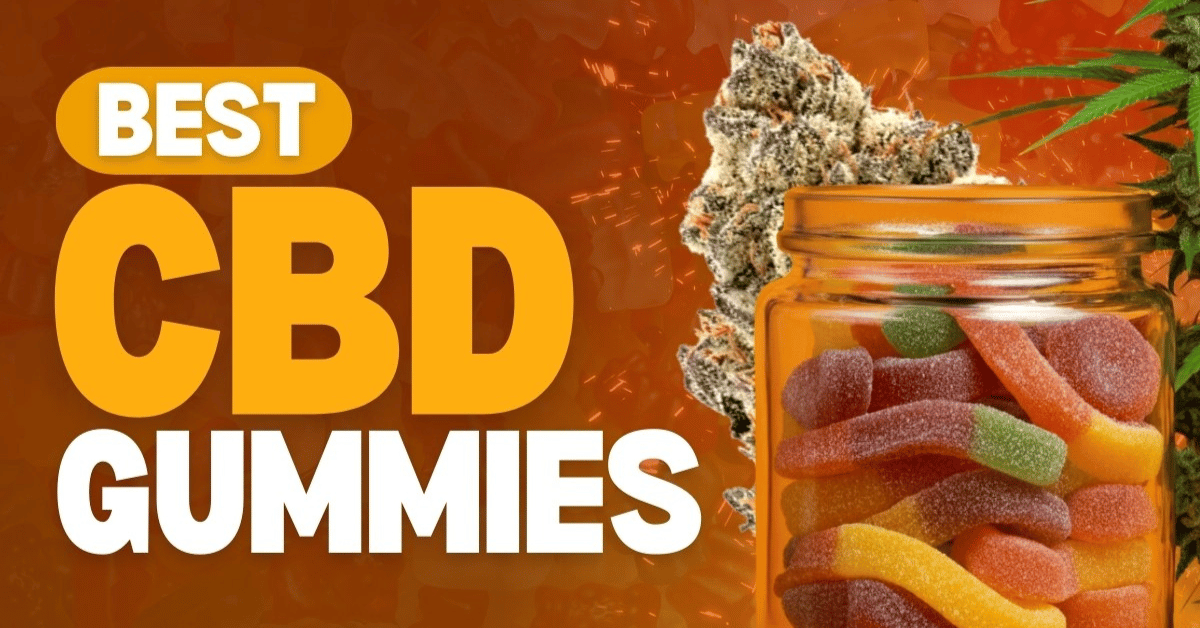CBD oils FAQs
What is CBD oil?
CBD oil is a natural remedy derived from the cannabis hemp plant. Supporting your body in regaining equilibrium, it can be bought as a food supplement to soothe a range of ailments.
What are the benefits of CBD oil?
Studies suggest CBD has a range of benefits, from offsetting anxiety and depression to treating PTSD symptoms, as well as easing sore muscles, inflammation and joint pain, and general pain relief.
Is CBD oil safe?
It is suggested to speak to your GP or healthcare professional to ensure CBD oil is safe for you to take, as it can interfere with other medication or pre-existing conditions. But, as it does not contain the THC part of the cannabis plant, the oil will not induce a “high”. It is worth mentioning that CBD oil should not be used by people who are pregnant or breastfeeding.
How to choose the right CBD oil
With so many CBD products out there, it can be hard to know which is right for you. The first place to start is deciding whether you would like a full spectrum, broad spectrum or isolate product (you’ll see one of these terms printed on the label of most CBD products). Don’t worry, it may sound complicated but it’s really very simple:
Full spectrum: Sometimes labelled as ‘whole plant’, ‘cold pressed’ or ‘raw’, these products contain the widest range of cannabinoids – hemp or cannabis derived molecules. CBD is the most abundant cannabinoid in hemp, and in CBD oil, but there are actually more than 140 others available, all of which do their own thing. In over-the-counter full spectrum products, you’ll find a number of these, including miniscule amounts of THC (the psychoactive cannabinoid that gets you high) – but, to keep it legal, this amount is so low you won’t notice it. You’ll also get to enjoy the benefits of terpenes (plant-based aromatic compounds) in these oils.
Broad spectrum: These products contain more than CBD, but often only very low amounts of a couple of other cannabinoids and terpenes. These oils are THC-free, though, so, if you’d rather avoid that part completely, while utilising other parts of the plant, this is a good option.
Isolate: This type of product only contains straight up CBD suspended in oil. Some brands infuse these products with other plant-based ingredients, such as ashwaganda, chamomile, ginseng or specific terpenes. These can be great for targeting specific needs. For example, a CBD oil designed for sleep might contain chamomile and myrcene (a terpene known for its relaxing properties), alongside the isolated CBD molecule.
Which strength CBD oil is best?
If you’re new to CBD or wanting to use it for general wellness purposes, a 500mg or 1,000mg oil is a good place to start. You can titrate your dose depending on what feels good to you. From there, you can think about investing in stronger oils, which are best suited to people using CBD for sleep or more pressing needs.
How to take CBD oil
Consistency is key – you can’t expect to take CBD oil once or twice and have your life transformed. This is a daily supplement, ideally taken two to three times a day, to support your body in regaining equilibrium. Start by taking a few drops each time. Hold the oil under your tongue for at least two minutes, to aid absorption.
To further enhance the effects, take directly after eating fatty food (as CBD oil is fat soluble) or after brushing your teeth (which boosts blood flow to the mouth). Gradually build up the amount you take, drop by drop, until you find a dose that works for you.
The verdict: CBD oils
Overall, we loved the iCBD Global CBD oil best and think it offers great value for money. Whether used to combat daily stress, poor sleep, discomfort or even used topically on spots, nettle stings, cuts and at one point, an eye stye, this product excelled time and again during testing. Mindful extracts also impressed and offers a more affordable option.
Give yourself a boost, with our expert-led guide to the best multivitamins










